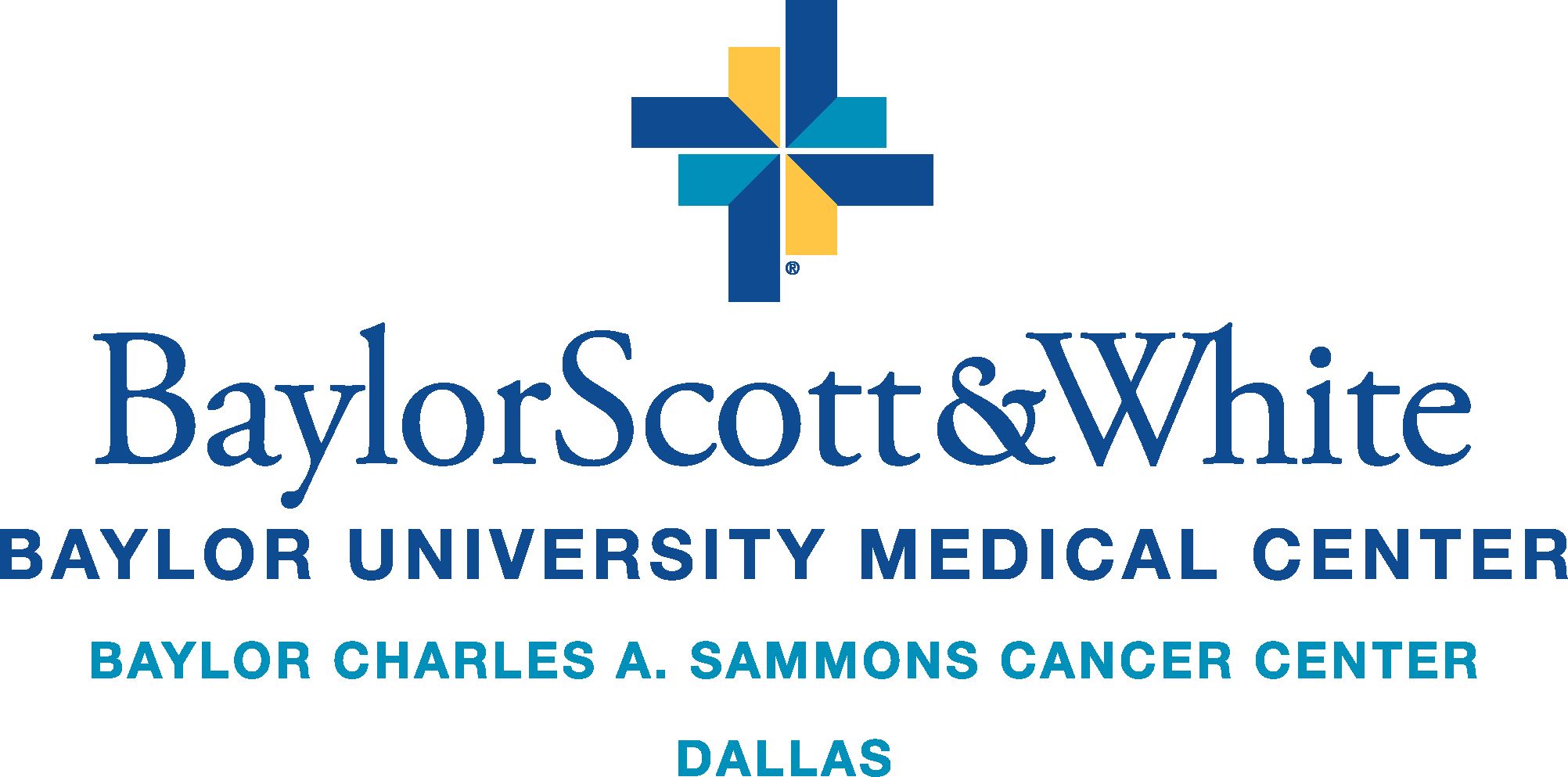
Dr. Nadler Discusses the IMpower131 Study in Squamous NSCLC

Eric S. Nadler, MD, medical oncologist, Baylor University Medical Center, medical director, US Oncology Health Informatics and Internet Technology, discusses the IMpower131 study in squamous metastatic non–small cell lung cancer.
Eric S. Nadler, MD, medical oncologist, Baylor University Medical Center, medical director, US Oncology Health Informatics and Internet Technology, discusses the IMpower131 study in stage IV squamous non—small cell lung cancer (NSCLC).
The IMpower131 trial was designed similarly to that of the KEYNOTE-407 study except that patients receiving carboplatin were randomized to either paclitaxel or nab-paclitaxel (Abraxane). The other difference between IMpower131 and KEYNOTE-407—–the study that led to the FDA approval of pembrolizumab (Keytruda) plus chemotherapy in this setting––was that patients weren’t allowed to crossover. These patients were able to receive second-line immunotherapy, Nadler notes.
Moreover, patients experienced a benefit in progression-free and overall survival benefit with the addition of atezolizumab (Tecentriq) in IMpower131. However, PD-L1 nonexpressers did not do quite as well with chemoimmunotherapy; the response rates were lower. Nadler notes that patients with PD-L1 less than 1% tend to derive less benefit from immunotherapy. Atezolizumab plus carboplatin and paclitaxel/nab-paclitaxel is not yet FDA approved or used routinely, but more mature data may change that, says Nadler.






































